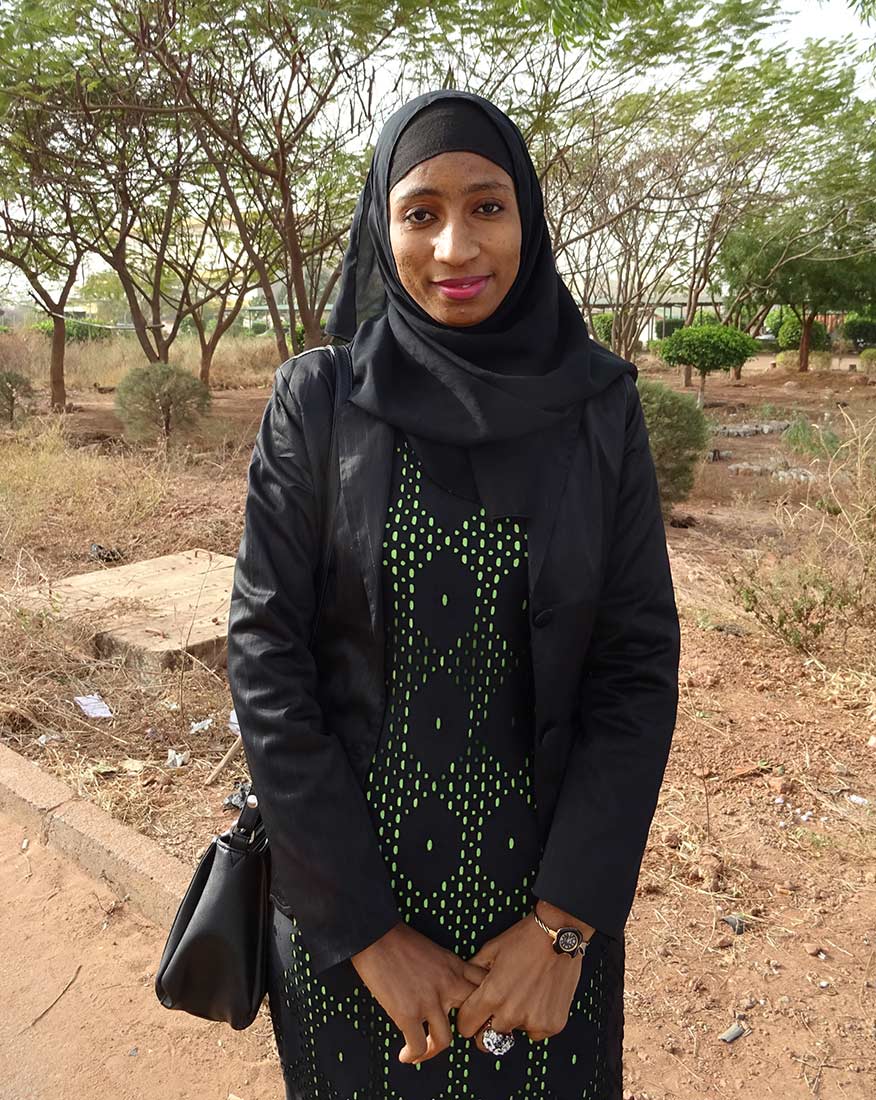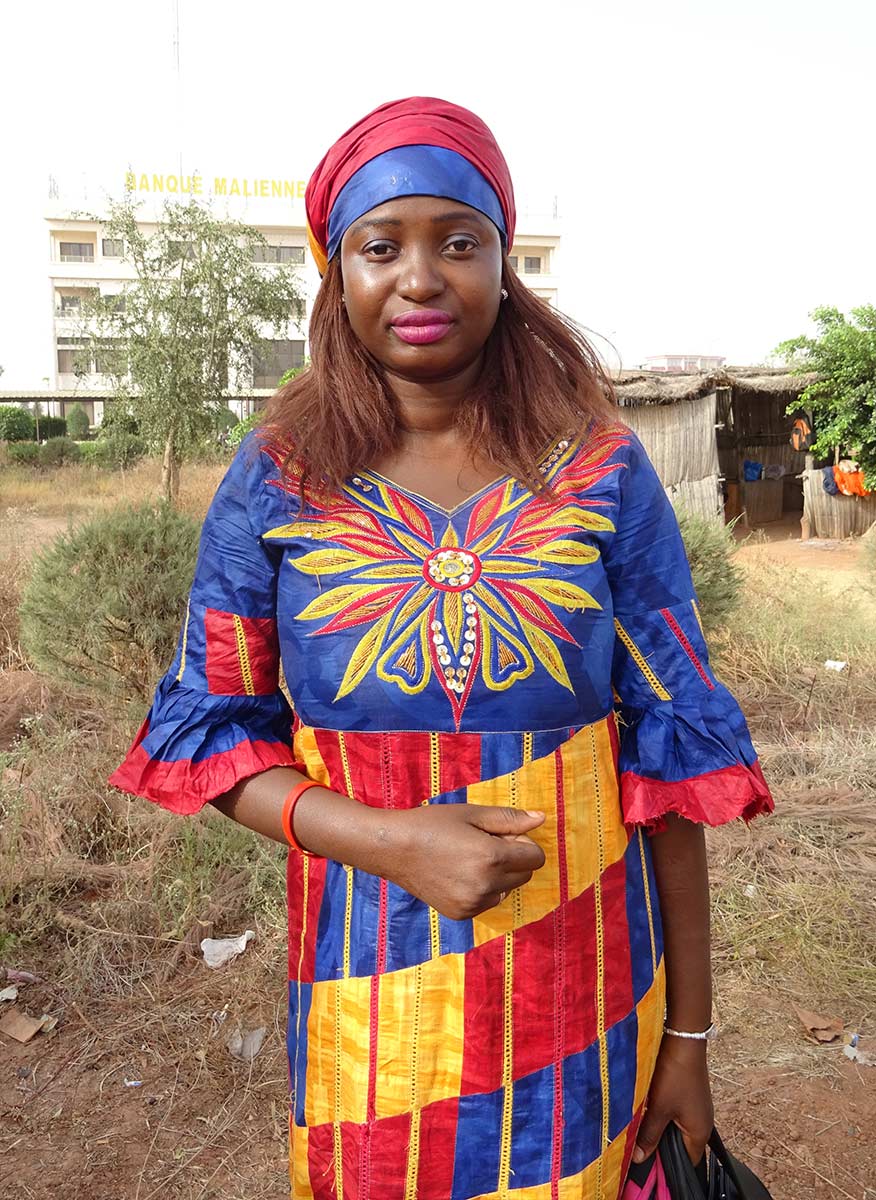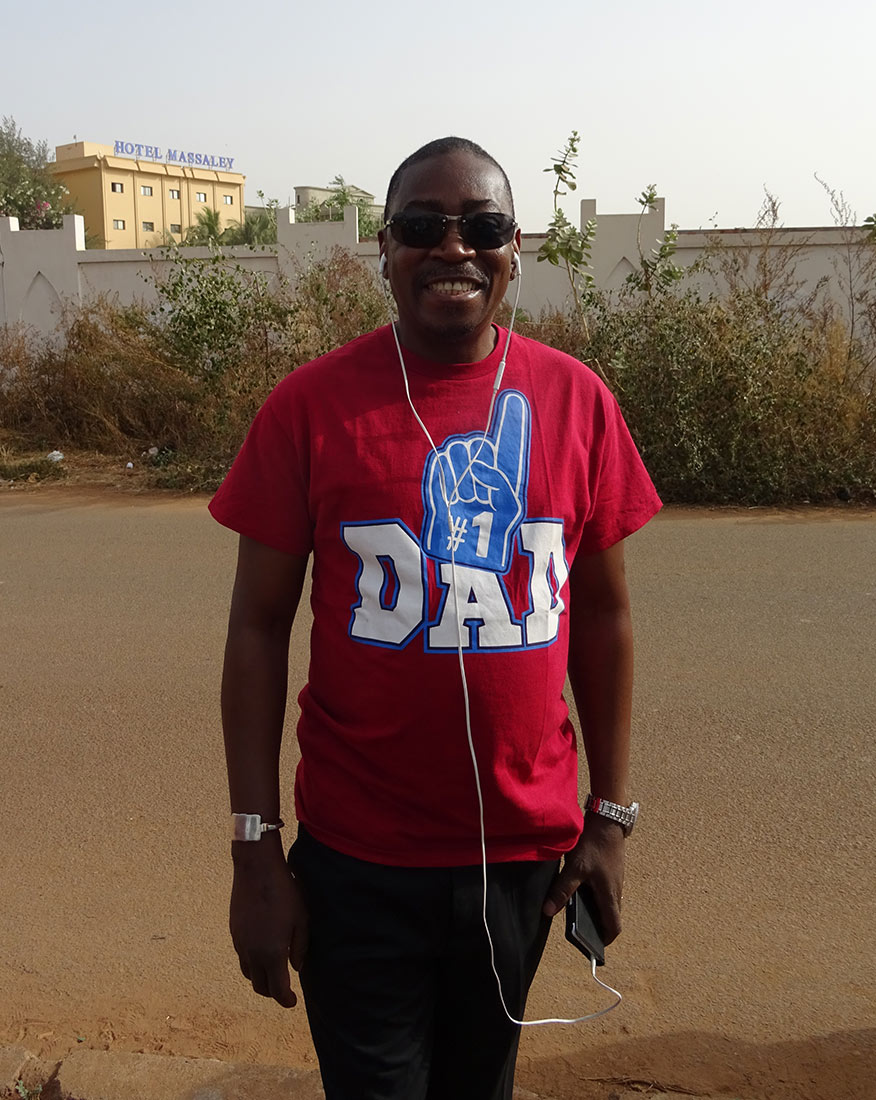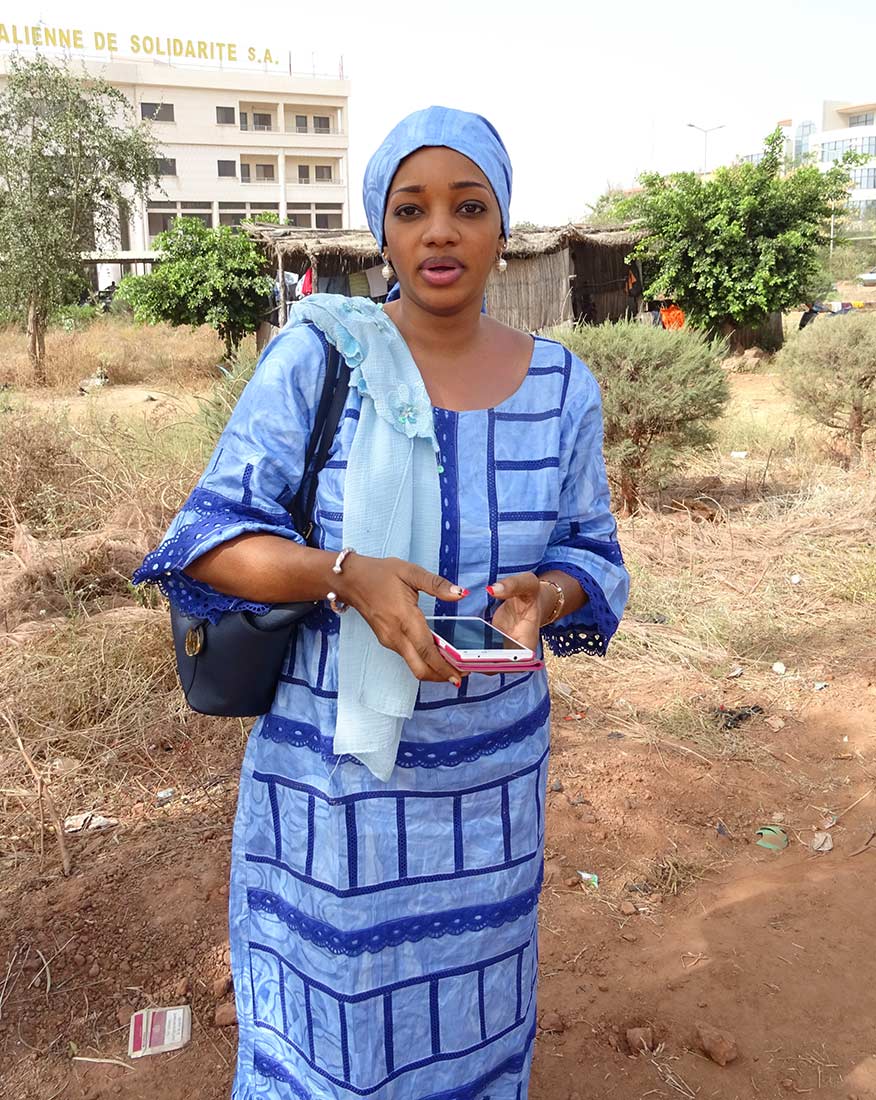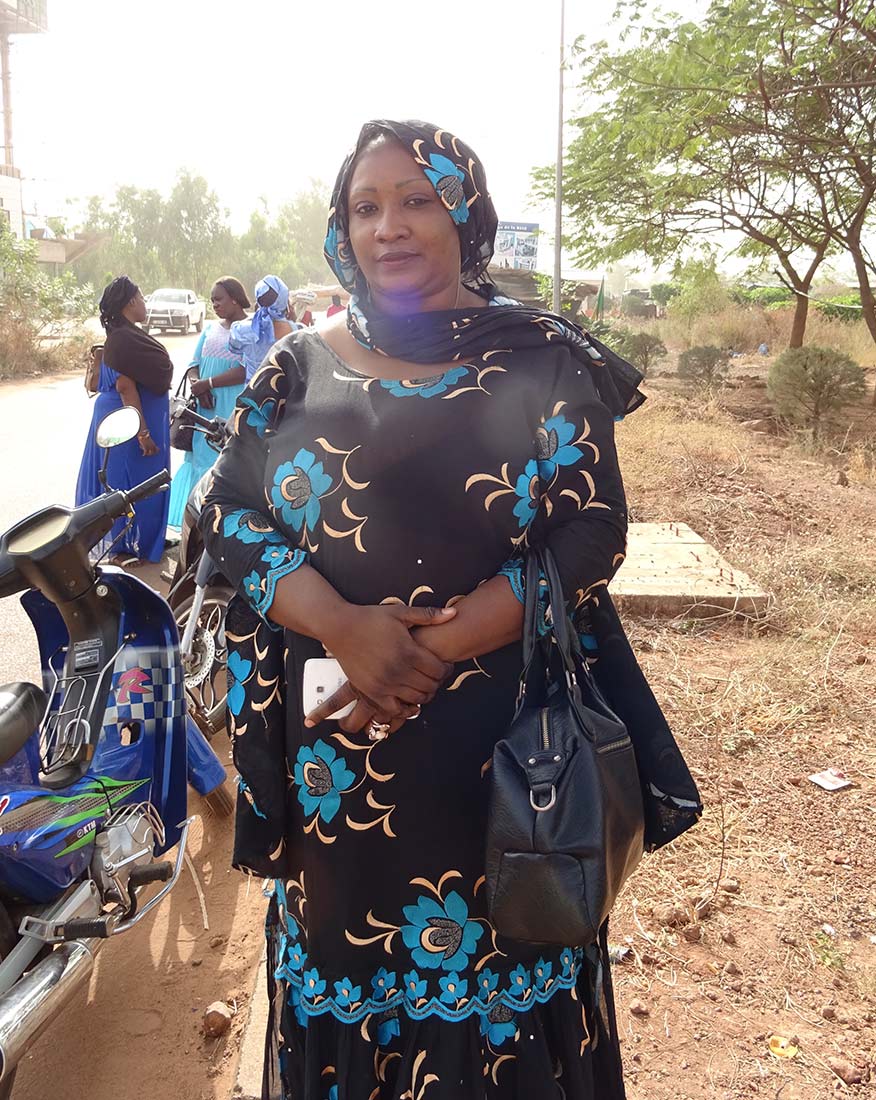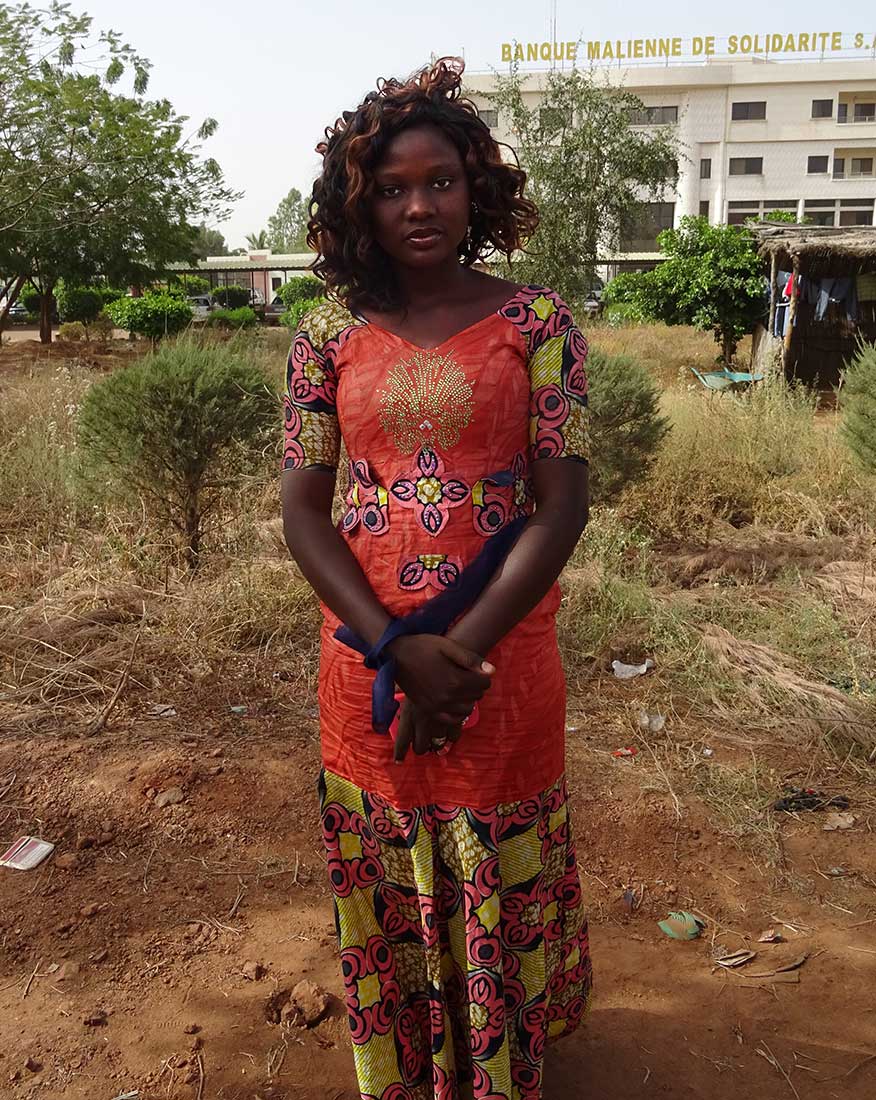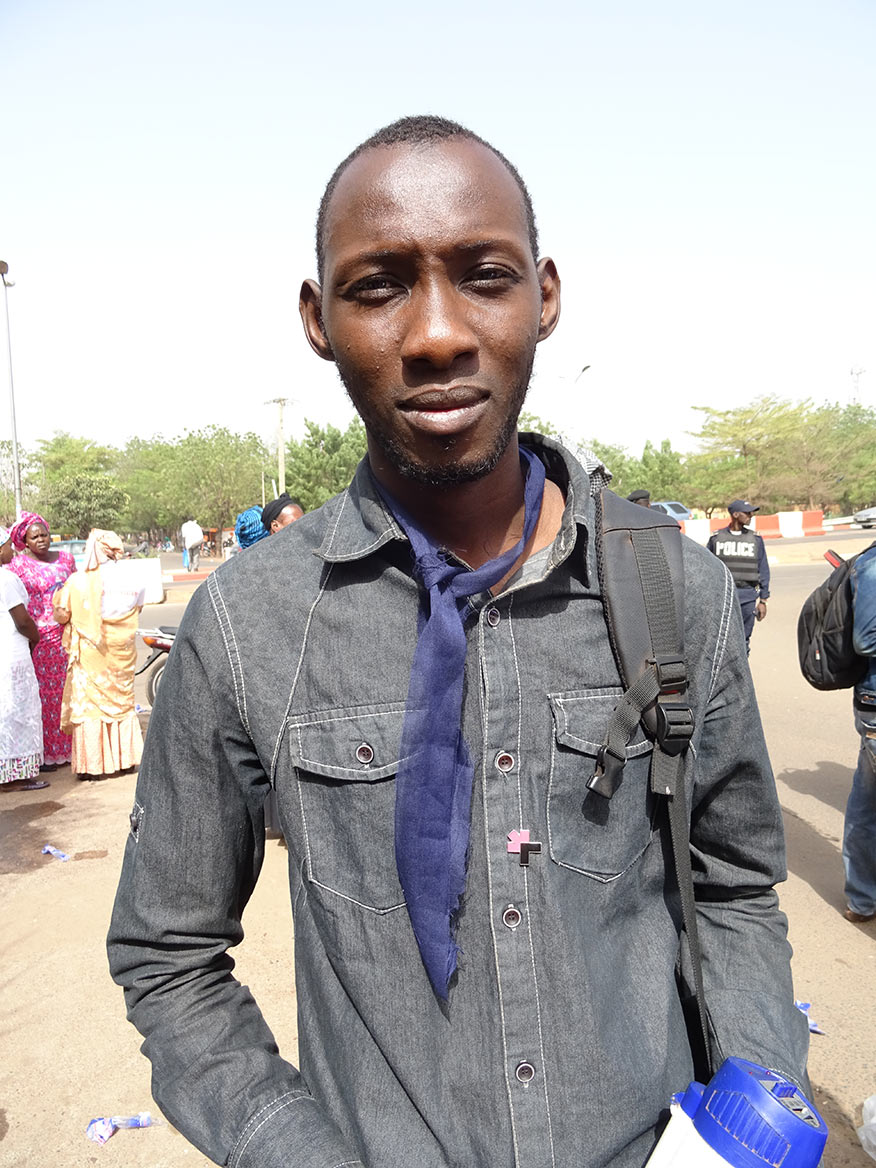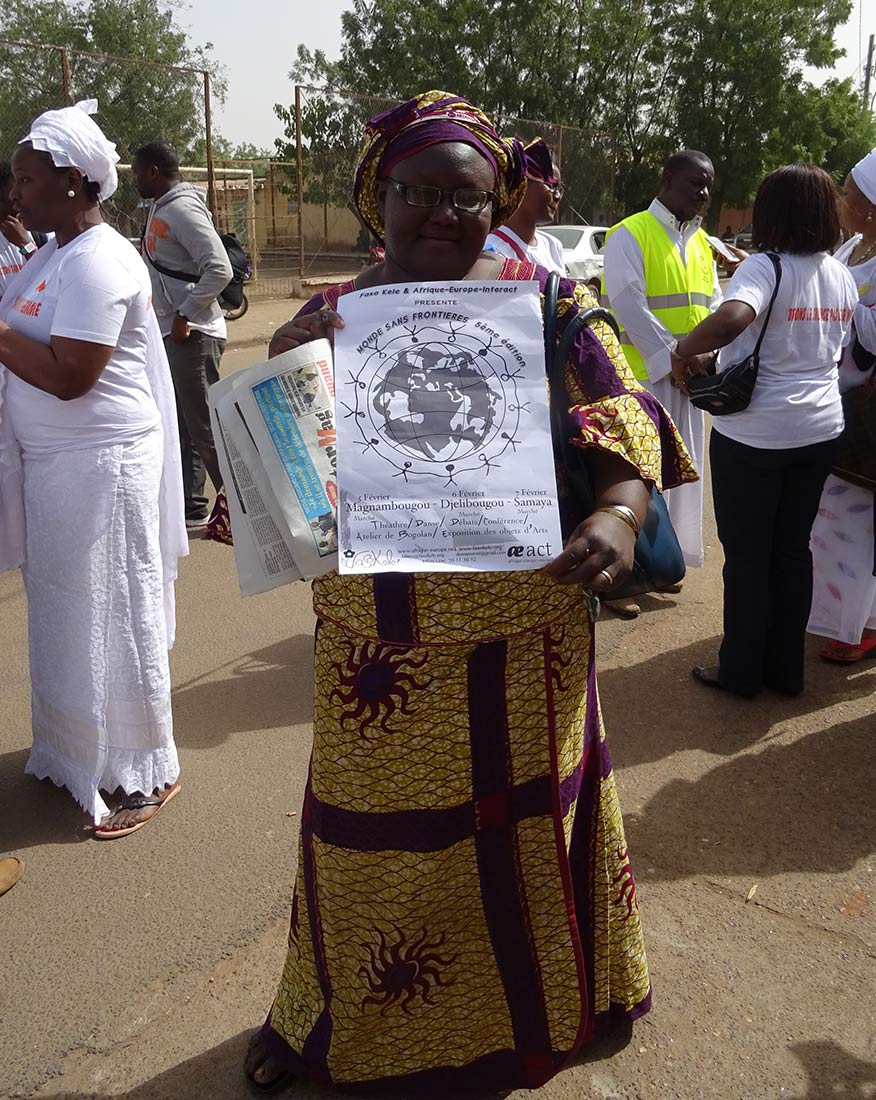It was 8am and I was waiting on l’Avenue de la Cedeao in Bamako for anything that looked like it might be the beginnings of a feminist march.
I had been invited a couple of days before by Mariam Diallo, a young female activist and the founder and president of the Association Femmes Leadership et Developpement Durable (AFLED). I had originally been intending to interview her; she’s one of the new breed of feminists who mobilise on Twitter and who lead various organisations with officious sounding names that cry out for an acronym. But instead of the interview, she invited me to watch her in action.
In a 2007 Unicef report, Mali came last in a report on the acceptability of domestic violence.
She was heading a march to raise awareness about domestic violence and more specifically to protest against the recent murder of a young woman. On January 23, a few days before the march, Kamissa Sissoko was shot by her husband at point-blank range. The couple were on their way to a wedding party.
A qd une loi sur les #VBG au #Mali les #femmes vt continuer à mourrir sous les coups des époux ? #endviolenceagainstwomen @afledmali
— Mariam Diallo Drame elle/she/her (@Poulodebo) January 25, 2016
In a 2007 Unicef report, Mali topped a report on the acceptability of domestic violence. 89 per cent of Malian girls and women aged 15–49 responded that a husband or partner is justified in hitting or beating his wife under certain circumstances. Other statistics do not tell a positive story about women’s rights either. 88.5 per cent of women aged 15 to 49 years of age have undergone female genital mutilation. About half as many women as men can read. Read the full report.
Their brand of feminism was not about empowering the individual but about letting women flourish in society.
We were meant to meet at the Maison de la Femme (the women’s institute) but – perhaps tellingly – the taxi driver had no idea where it was. And so I waited on a dusty pavement near where we could be meeting. It was the megaphone that gave them away. Otherwise they were a ragtail bunch; about ten women mostly wearing headscarves, a few men and a bunch of journalists who hovered like hawks, their cameras at the ready.
As midday approached, more young women joined the group. The variety of those protesting was inspiring; the young divorcee, the elder stateswomen, the young woman and her fiancé, the respected Malian actor Habib Dembele, and an excitable young imam who would lead the religious ceremony. I asked them why they were there that morning.
The answers varied but most considered women’s rights in the context of the family. Their brand of feminism was not about empowering the individual but about letting women flourish in society; whether as wives, mothers, daughters or workers.
‘Resolution of conflict shouldn’t happen with violence.’ These are the same words used to discuss the divisions between north and south in this still fractured country.
They used the language of reconciliation, and one woman wished for peace between the sexes. The way they expressed themselves was telling: ‘Resolution of conflict shouldn’t happen with violence.’ These are the same words used to discuss the divisions between north and south in this still fractured country.
Read on for what they had to say.
Oumou Dia
Why are you here protesting today?
I am here to fight against violence which takes place between married couples, where women are victims everyday.
Why is it important to fight for women’s rights?
A woman is a precious being. She is important in society and mustn’t be deprived of her rights. She looks after her husband and children. She works. She has the biggest responsibility in a household. She has a right to have her say.
Djilla Habibatou Traoré
Why are you here protesting today?
When I heard about what happened, I felt I had to be here. Being a woman, I am a potential victim. I wanted to give a voice to those without a voice. Silence means even the smallest act of violence can lead to fatal consequences. There must have been a back story to this crime.
Why is it important to fight for women’s rights?
We must. Everyone should have the chance to express themselves and we have the responsibility to play this role. In Mali, women aren’t protected, culturally, socially and legally. Women do not have rights and must simply endure.
Habib Dembele
Why are you here protesting today?
I am here to protest against this ignoble tragedy which is unquantifiable and irrational. I hope that laws in Mali are put into action. There is no point in creating a law just to leave it lying in a drawer.
Why is it important to fight for women’s rights?
I was born from a woman. I have shared my bed with a woman (she passed away a year ago). I am the father of women and the little brother of women. I am sure that the development of the world depends on 50 per cent of it: women.
I am also a humanist.
Mme Bouaeré Bintu and Mme Sayon Sisoko
Why are you here protesting today?
We are all here today because we are living through a tragedy. A young couple had just left a wedding party and a woman was murdered by her husband. He put a bullet in her head. It is inexplicable. Nothing can justify this assassination.
Resolution of conflict shouldn’t happen with violence. Violence shouldn’t install itself in families and that is why I am here to denounce it. Last February, we also suffered. A woman was stabbed to death.
Why is it important to fight for women’s rights?
It’s important to fight for women as we don’t enjoy the rights that should be ours. Women do not make the decisions that affect them. They are always under someone else’s supervision, whether it’s their father, their husband, their brother. They are marginalised when they should be as responsible as men for managing their own lives and their family’s lives in their communities.
Mariam Diallo
Why are you here protesting today?
On the night of Saturday 23, a couple was going to a celebratory wedding dinner. On the way, Mr Fall parked and shot his wife Kamissa Sissoko who died. The police took three hours before they took his weapon off him.
Why is it important to fight for women’s rights?
Domestic violence is supported by our culture which demands that women submit to men and accept everything. The men’s domination is enacted by force and violence.
Rokiatou Ndiaye
Why are you here protesting today?
I’m here because it’s not normal. We are educated to be married and if we can’t be safe in our own families then it is worrying. Particularly if it leads to a loss of life.
Why is it important to fight for women’s rights?
It is important to fight because we are women. Today it’s our sisters. Tomorrow it could be our daughters. It is happening more often. In one year we’ve already had three fatal cases. It’s time to demand justice.
Amarou Haidara
Why are you here protesting today?
A woman gave birth to me. I live with a woman and have daughters. I am here to pray. We’ve always had a society that’s open and believes in reconciliation. We don’t want a society where our sons kill our daughters.
Why is it important to fight for women’s rights?
The rights of women exist from the time of the prophet. This behaviour is not part of our religion. Women are not beasts. Every thing works because of women. Women are queens. If a man doesn’t respect a woman, then I don’t consider him a man.
Fatoumata Kamara
Why are you here protesting today?
A man killed his wife and it is very dangerous. If he can do that, he can do anything.
Why is it important to fight for women’s rights?
A woman who has rights can do anything. A woman always has to be respected. We pray to God that things like this don’t happen.
Abdoulaye Keita
Why are you here protesting today?
I am here to show my support for women in light of what happened.
Why is it important to fight for women’s rights?
The rights of women exist since the prophet. It’s not a new thing. The emancipation of women will allow for and be the main source of development on the continent. Fighting for women’s rights is a noble and fair cause. I won’t have a better fight to fight than this fight.
Mme Guinot Issota
Why are you here protesting today?
I’m here to fight against the injustice of men. I am here for Kamisa Sigosso so it doesn’t happen again. Otherwise they’ll kill us all.
Why is it important to fight for women’s rights?
Women aren’t objects you keep at home. Marriage is about coming together. Instead of hitting her – there are always conflicts in couples – you have to be gentle. No one is perfect.
Follow AFLED on Facebook


